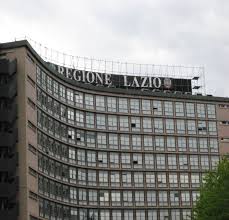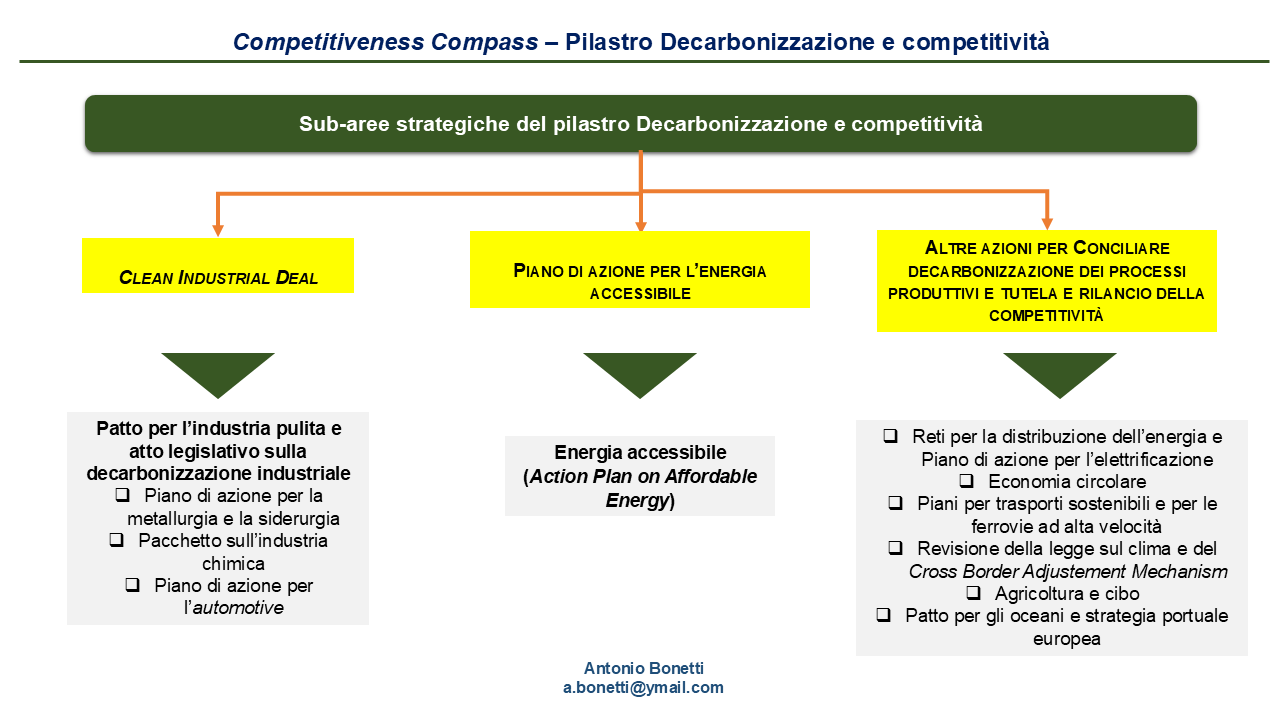Living Labs at a glance
By tapping into the pervasion of increasingly users-friendly ICT technologies and devices, Living Labs are meant to promote innovation through a wider involvement of citizens (end-users) in their real-life contexts in the innovative process. ‘In practice, Living Labs place the citizen at the centre of innovation, and have thus shown the ability to better mould the opportunities offered by new ICT to the specific needs and aspirations of local contexts, cultures and creativity potentials’ (European Commission, The Digital Agenda ToolBox, 2014, p. 64.)
Furthermore, Living Labs are often designed not only as a tool for promoting innovation and testing new products and services in real life contexts, but also for promoting local development according to a participatory approach.
In fact, they are designed as ‘collaborative incubators’. In other words, they enable interaction between municipalities, citizens, universities, companies, experts, financiers and not for profit organizations. As a result, Living Labs are also able to foster trust between local stakeholders. In short, ‘Living Labs allow a bottom-up policy coherence to be reached, starting from the needs and aspirations of local and regional stakeholders’ (European Commission, The Digital Agenda ToolBox, 2014, p. 66.)
Under this framework, Living Labs can also be regarded as an innovative type of incubators, aimed at producing ‘open innovation’ by:
- establishing innovative and imaginative workspaces shared by startuppers and supported by experts with a multi-disciplinary background, generally involved through online ‘communities of practices’,
- engaging end-users in the ideation and testing of new ideas/products/services in response to new and unmet social needs (user-driven innovation),
- providing would-be entrepreneurs with entrepreneurship education, professional services for the start-up, networking practices and funding (mostly seed and venture capital), as well as post-incubation mentorship.
This particular ‘incubation model’ is rapidly gaining momentum all over Europe. Furthermore, Living Labs are increasingly seen as containers for social experimentation and systemic change (see the portal http://social-labs.org and the list of ‘social’ incubators at the end of the post.)
With regard to EU’s policies we have to notice that:
- the ‘Living Labs movement’ has been supported by the European Commission (see the case of the European Network of Living Labs – ENoLL),
- the EU’s Structural and Investment Funds (especially the ESF and the ERDF) provide for several financing streams aimed at supporting Living Labs and open innovation,
- open innovation paradigm, Living Labs and co-working spaces are also sustained by the Horizon 2020 Framework Programme and the COSME Programme.
The strategy of the Lazio Region
Building on this framework the Lazio Region has selected co-working spaces/living labs as a key tool for re-launching regional competitiveness and fostering the start-up of innovative and creative new ventures.
On 17th July 2014, the Lazio Region approved the proposals for the 2014-2020 Operative Programmes, according to the strategic guidelines already established by the Regional Council in April 2014. Currently, the new Operating Programmes are still under negotiation, but there is clear evidence that the whole joint programming framework is structured around 45 key-actions listed in the strategic document ‘With Europe, Lazio restarts. 45 projects for development, work and social cohesion’.
This strategic document is sub-divided into 6 sections. The specific section aimed at re-launching regional competitiveness – ‘A great European region of innovation’ – is focused on an integrated approach to regional growth and social cohesion.
Specifically, 3 key actions out of 45 are clearly designed around the general principle of creating a conducive ecosystem for the start-up and development of innovative and creative new ventures. We refer to:
Action 6 – Instrument for innovative and creative start-ups. This action pursues the objective of creating ‘a favourable ecosystem to the growth of innovative and creative enterprises, intervening throughout the system in order to allow a “business idea” to be born, to develop and asserts itself on the markets’ (see With Europe, Lazio restarts, p. 28).
Action 6 provides for five specific interventions:
• start-up ecosystem,
• regional venture capital fund,
• support to the activity of incubators and accelerators,
• micro-innovation, e-commerce, digital manufacture,
• the start-up in the Rural Development Programme 2014-2020.
Action 7 – ‘Active Space’: reform of the incubators in places of access to the regional services for enterprise and work. This is the action specifically meant to support an ‘open innovation’ approach to the assistance for would be entrepreneurs and new ventures, mainly through the formulation of a new mission and new tasks for regional Business Innovation Centres;
Action 8 – Promoting co-working. The objective of this Action is ‘to support the birth of new spaces and the formation of new professional communities’ (see With Europe, Lazio restarts, p. 37.)
Co-working spaces allow beneficiaries – spanning from unemployed to would be entrepreneurs and self-employed professionals – to reduce start-up costs, share their knowledge and their entrepreneurial experiences, and access information and ‘communities of practices’.
Two other actions particularly important for ‘boosting a creative start-up ecosystem’ are:
- Action 3 – Support to innovation, to technological transfer and the development of business network.
- Action 4 – Investments for public and private research.
Annex I – Projects and centres related to Social Innovation Laboratories
Kennisland
Hivos People Unlimited
ZSI – Austrian Center for Social innovation
Social innovation Exchange – SIX
CitiLab
UpSocial
DENOKINN – SI Park in the Basque country
NESTA
Mind Lab
InWithForward
Antropia
CIVA Labs
London Creative Labs
Social TIC Lab
Innovation & Action Lab i-propeller
UNICEF – Project on Innovation Labs
The Australian Center for Social Innovation – TACSI
MARS – Canadian Center for Social Innovation – MaRS(CA)
Toronto Center for Social innovation
IDEAVIBES
New York Center for Social innovation
The Impact Hub Network
Avanzi
FabriQ
Torino Social Innovation
Puglia Smart Lab










